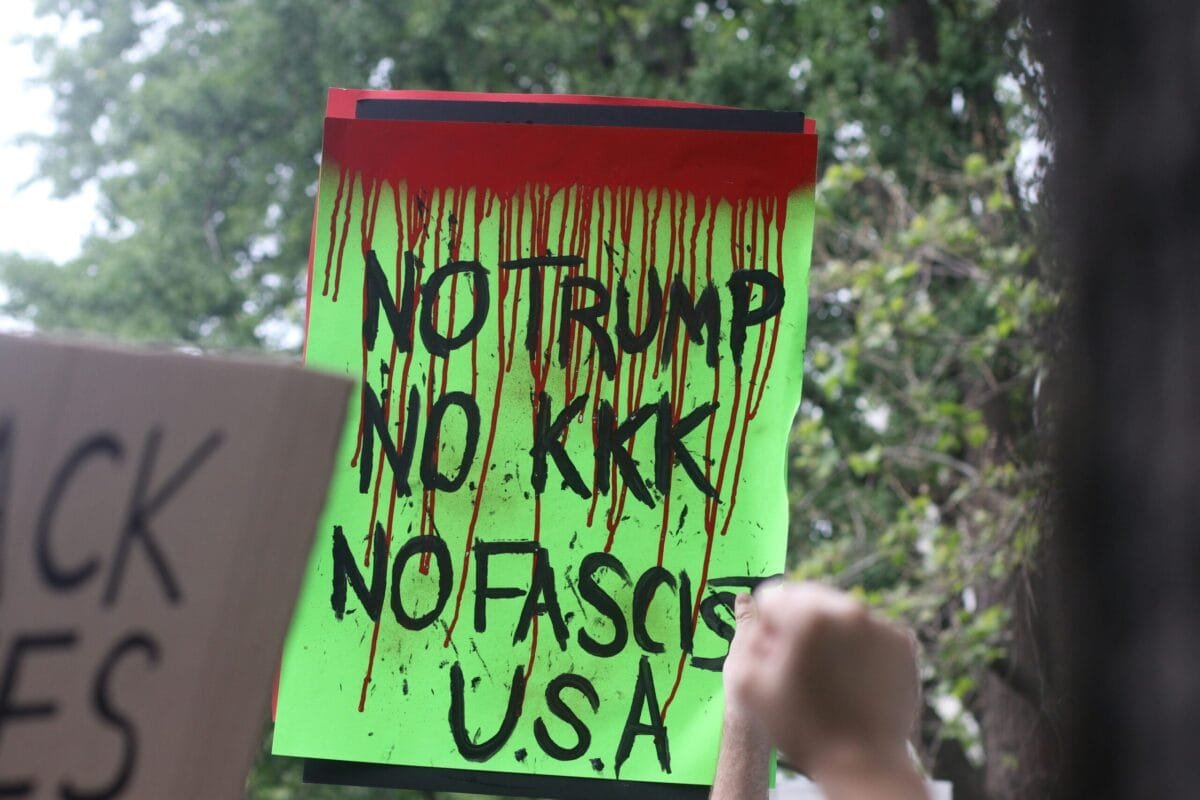Cost of Influence: Business Leaders & Payments to Meet Trump

The High Price of Access
In recent years, the cost associated with gaining access to influential figures, particularly former President Donald Trump, have reached striking levels. Business leaders and high-profile executives recognize the strategic advantages of personal interactions with Trump, incentivizing them to pay substantial sums for the opportunity to meet him directly at his exclusive Florida compound. Reports indicate that one-on-one meetings can command fees as high as $5,000,000, while group dinners attract payments upwards of $1,000,000. These staggering amounts underscore a growing trend in the political landscape, whereby access and influence are becoming increasingly monetized.
This phenomenon reflects a broader shift in how relationships between business and politics are structured, implying that financial barriers are being erected for those seeking political connection. The exorbitant fees not only highlight the demand for access to Trump but also illustrate a significant aspect of the political economy, where proximity to power is often determined by one’s financial capacity. Many believe this trend raises ethical concerns about the integrity of political influence and the potential consequences of commodifying such relationships.
The willingness of business leaders to pay these fees reveals a calculated approach to engage with former President Trump, treating access as a valuable investment rather than an expense. By fostering connections with influential political figures, corporations hope to leverage these relationships for favorable regulatory outcomes, enhanced visibility, and collaborative opportunities. However, the implications of such a system can be troubling, as it raises questions about the fairness and accessibility of political discourse. As the costs of influence continue to escalate, it remains essential to consider the broader ramifications on democratic processes and the integrity of political institutions.
The Corruption of Democracy
The acceptance of substantial payments for meetings with influential figures such as a sitting or former president raises profound concerns regarding the integrity of democratic systems. This phenomenon operates on the delicate line between political advocacy and outright bribery, where monetary contributions shift from supporting governance to purchasing influence. Such transactions create an environment susceptible to corruption, undermining the very foundations of democracy, which ideally should rely on equal representation and integrity rather than financial backing. As the boundaries between political interactions and fiscal transactions blur, the implications become increasingly troubling.
In examining these practices, one can draw parallels between contemporary examples of influence peddling and traditional forms of political corruption. When business leaders, lobbyists, or organizations leverage significant financial resources to gain access to power, it perpetuates a system where wealth equates to influence. This dynamic threatens to erode public trust in governmental institutions and processes, fostering cynicism regarding the motives of political leaders and their affiliations. The democratic ideal of governance for the people dissipates as decisions become beholden to the interests of the affluent rather than the collective welfare of the citizenry.
Furthermore, this shift in power dynamics reinforces systemic inequalities, where only those with substantial financial means can secure a voice in the political arena. The potential for policy distortion increases as major stakeholders push their agendas, often at the expense of the broader populace. The ramifications of such practices are wide-reaching, jeopardizing not only legislative integrity but also the fundamental principle that every citizen’s voice deserves consideration, regardless of economic status. The corruption of democracy manifests clearly in this context, as the reliance on wealth for political influence diminishes the core democratic tenet of equality. It is crucial to recognize these challenges in addressing the health of democratic institutions today.
Normalization of Oligarchic Practices
The phenomenon of extreme wealth influencing governance has become evident in American society, leading to a troubling normalization of oligarchic practices. Over recent decades, the intersection of wealth and political power has increasingly blurred. This convergence calls into question the foundational principles of democracy, wherein every citizen is entitled to an equal voice. The prominence of substantial financial contributions, particularly in the context of high-profile meetings and sponsorships with influential leaders, has resulted in a society that may be desensitized to such practices. Wealthy individuals and corporate entities are perceived as key players in shaping policy, relegating the general populace to a passive role in its governance.
As political engagements between business leaders and figures like former President Trump become routine, the implications for democratic integrity are significant. Such transactions often lead to the prioritization of corporate interests over the common good, steering policy decisions that cater to financial elites rather than the electorate. The normalization of this interaction raises ethical concerns about the legitimacy of decisions made under significant financial influence. Events that were once considered scandalous are now routinely accepted, fostering a culture where the wealthiest individuals can effectively buy access to power and influence.
Additionally, the public’s growing acceptance of oligarchic influences underscores a broader societal shift. Discussions around governance increasingly reflect an attitude of resignation, where citizens begin to believe that political participation is futile in the face of overwhelming financial power. As this opinion becomes entrenched, it hinders efforts for reform and solidifies a status quo that favors the wealthiest. In such a landscape, the challenge remains: how to restore accountability and ensure that true democratic practices can flourish amidst the growing influence of oligarchy.
Public Reaction and Media Coverage
The relationship between business leaders and political figures, particularly the payments made to meet former President Trump, has drawn varied responses from both the public and the media. The media plays a crucial role in shaping public perception and accountability regarding these financial exchanges. However, the coverage has been inconsistent, with certain aspects receiving significant attention while others are often marginalized.
Initial public reactions often vary based on political affiliations and beliefs about the appropriateness of such financial transactions. Individuals who view Trump favorably may perceive these payments as strategic investments in networking, while his critics contend that these practices symbolize corruption and a shift away from democratic principles. The disparity in public opinion is mirrored in media coverage, with some outlets fully disclosing the nature of these exchanges and their implications, while others may downplay or omit the nuances that warrant closer examination.
The media’s responsibility extends beyond mere reporting; it is essential for journalistic integrity to probe into the potential impact of these financial dealings on political decision-making and policy. This lack of scrutiny has lead to concerns regarding transparency and accountability among influential figures. Many believe that failing to hold business leaders accountable for their payments to political figures effectively normalizes a culture where financial influence overshadows democratic values.
As the discourse evolves, limited media attention may embolden the perception that financial access to power is acceptable. This situation raises ethical questions about the role of the media and its duty to inform the public comprehensively. In light of these dynamics, it is crucial for the press to adopt a more rigorous approach in investigating the implications of such financial exchanges, thereby fostering a more informed public and maintaining the democratic processes. The public deserves a transparent insight into the intricacies of political influence and its financial ties.




